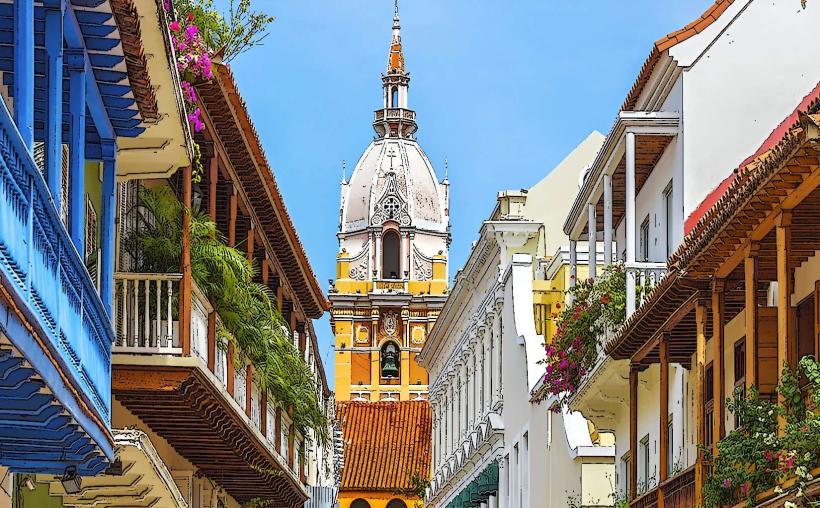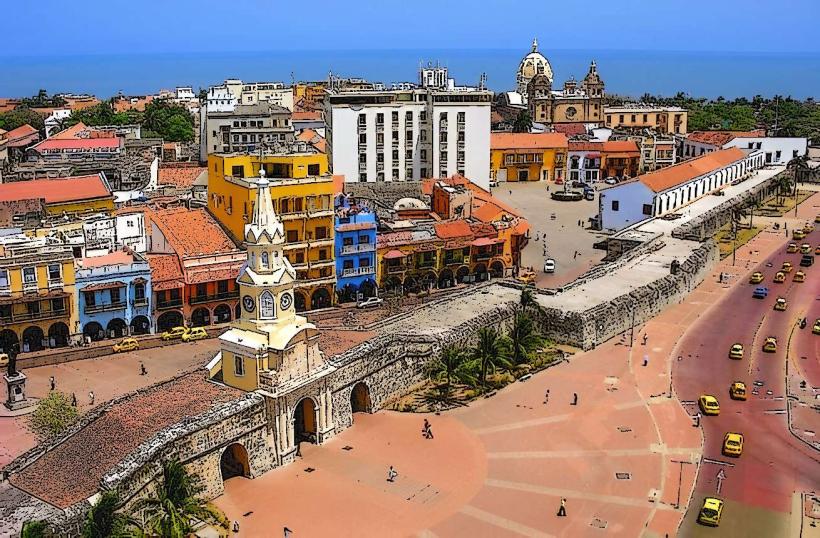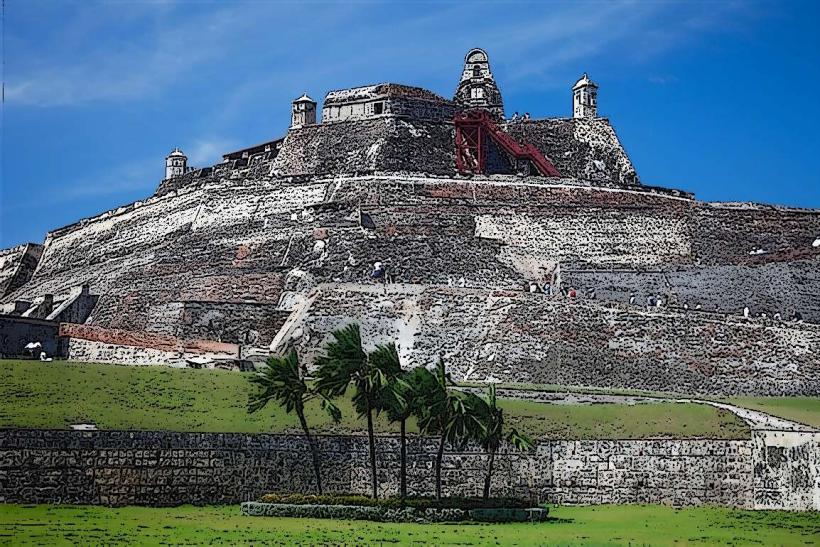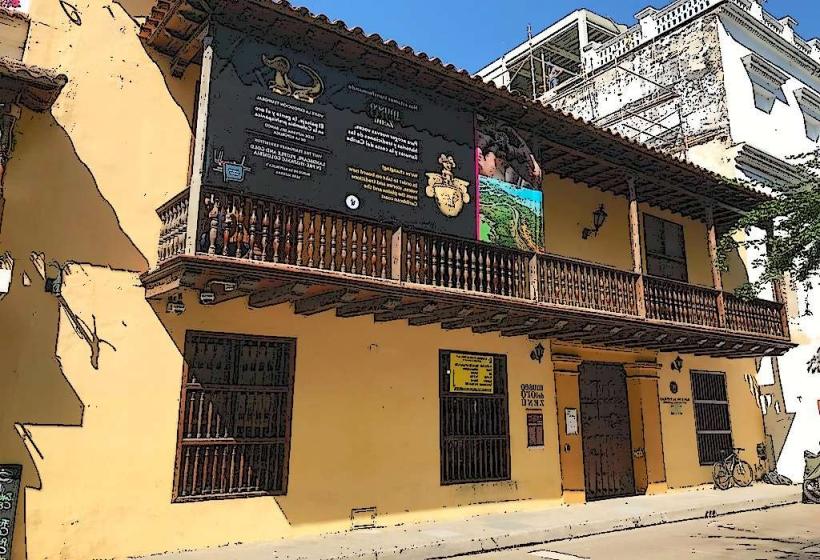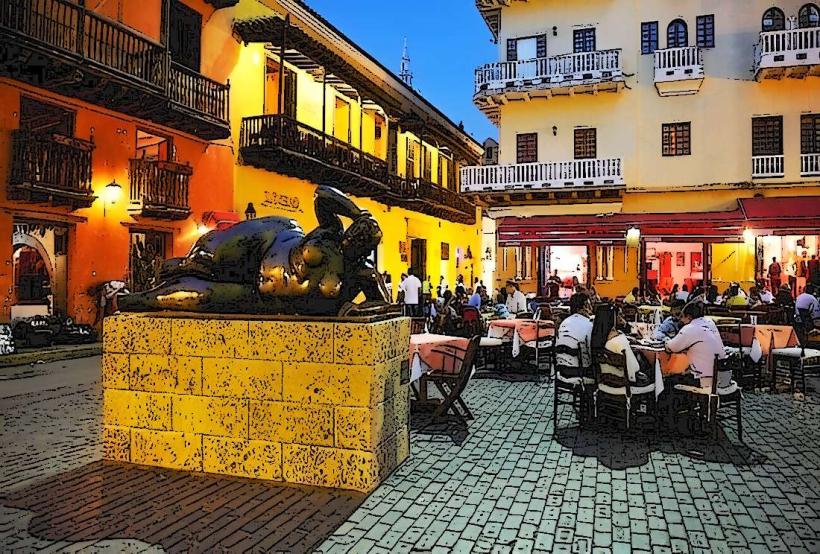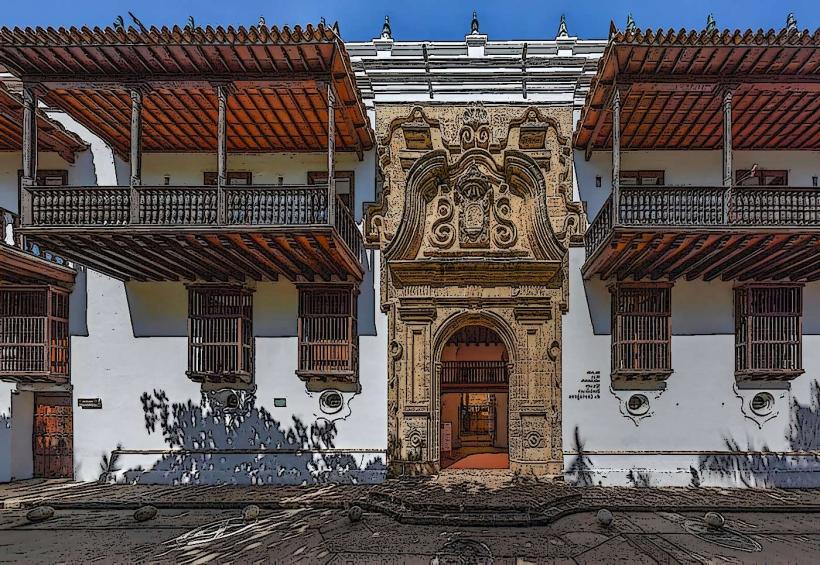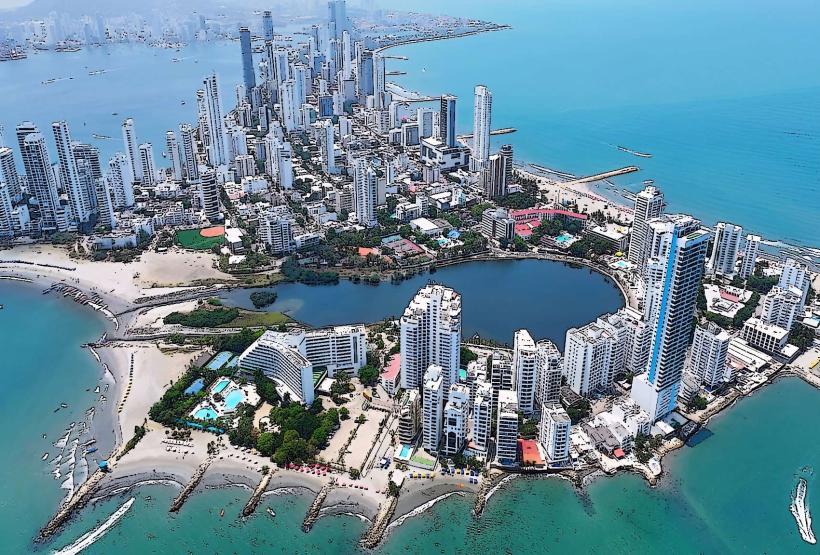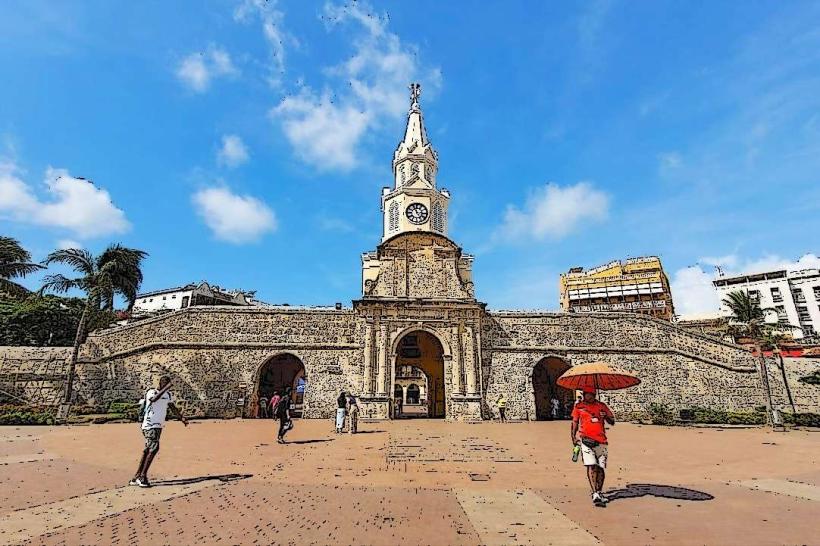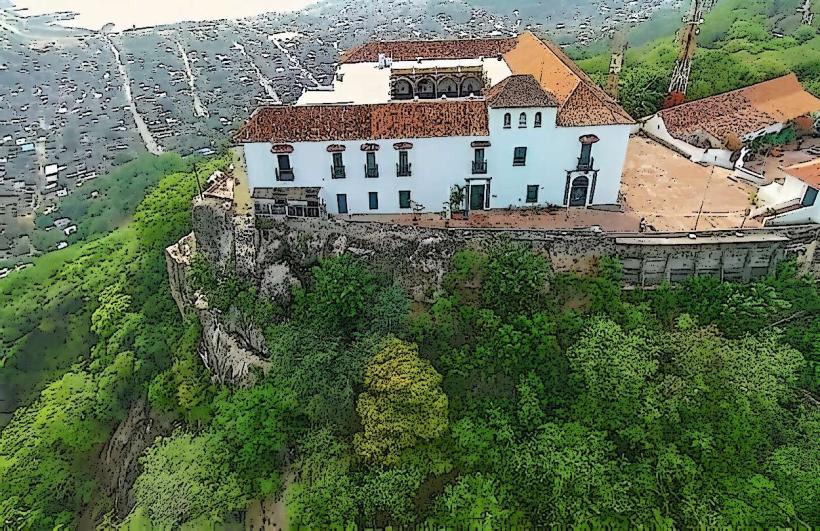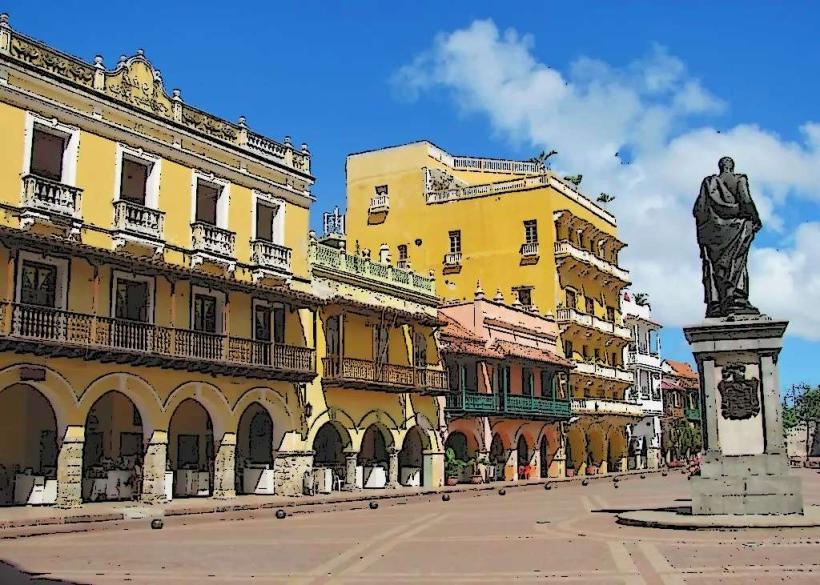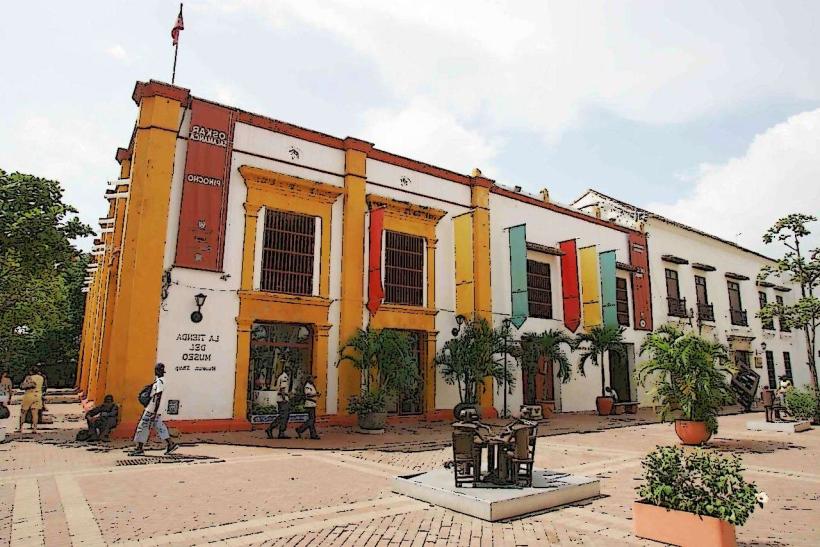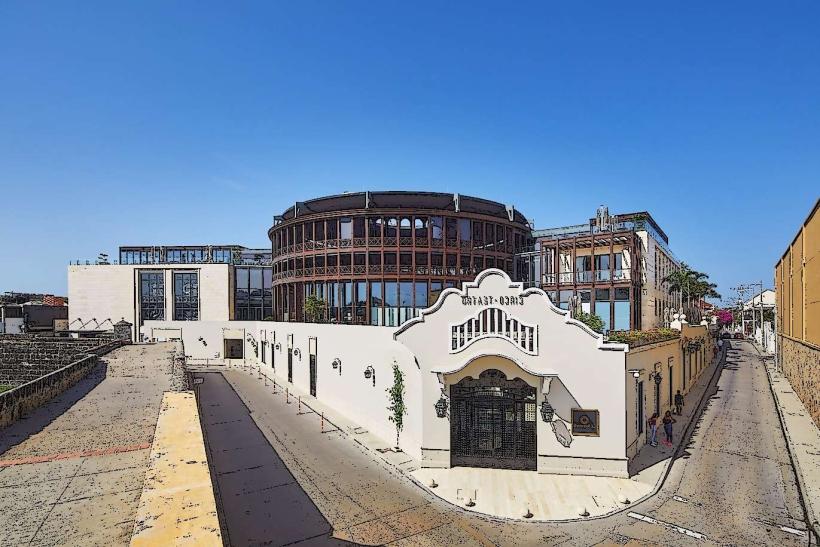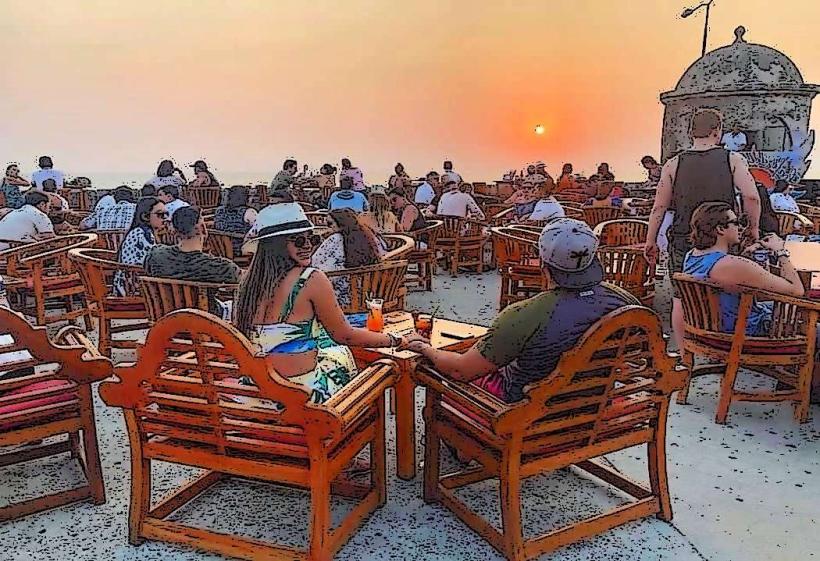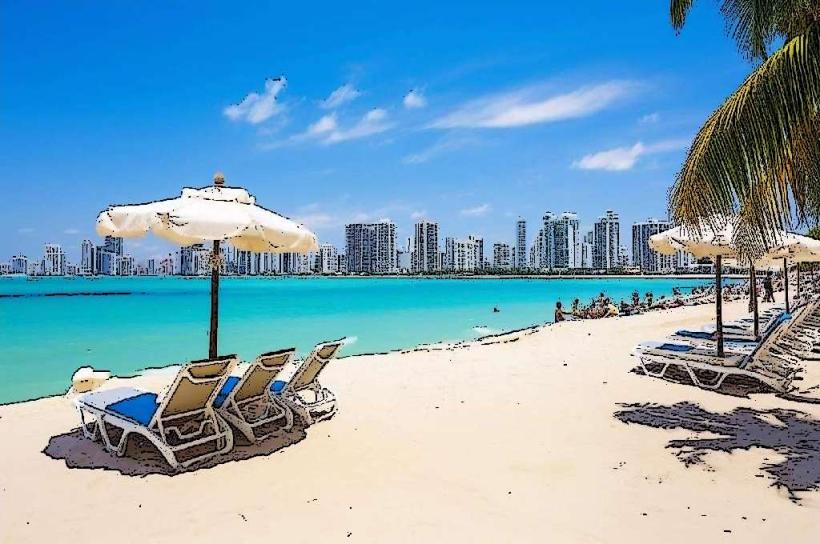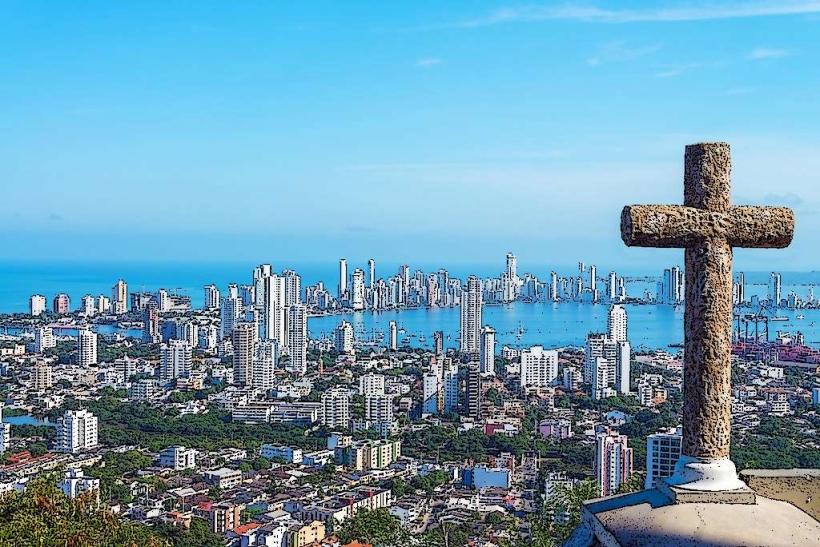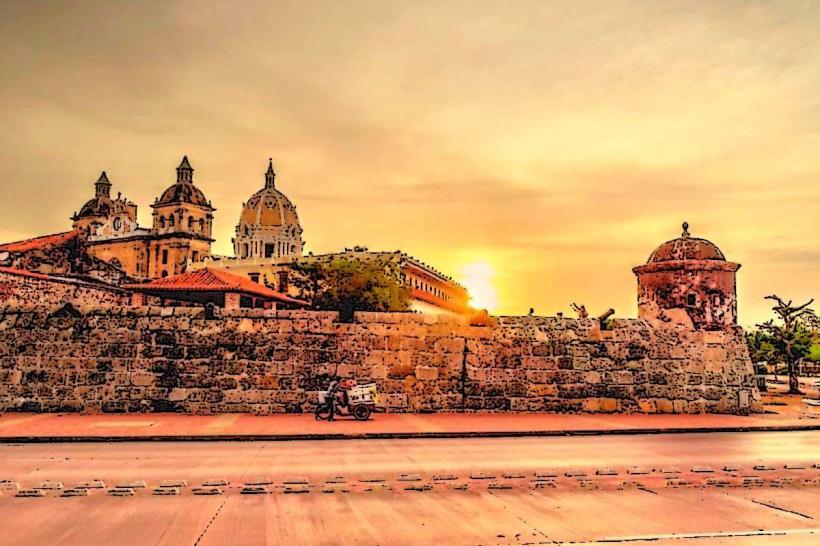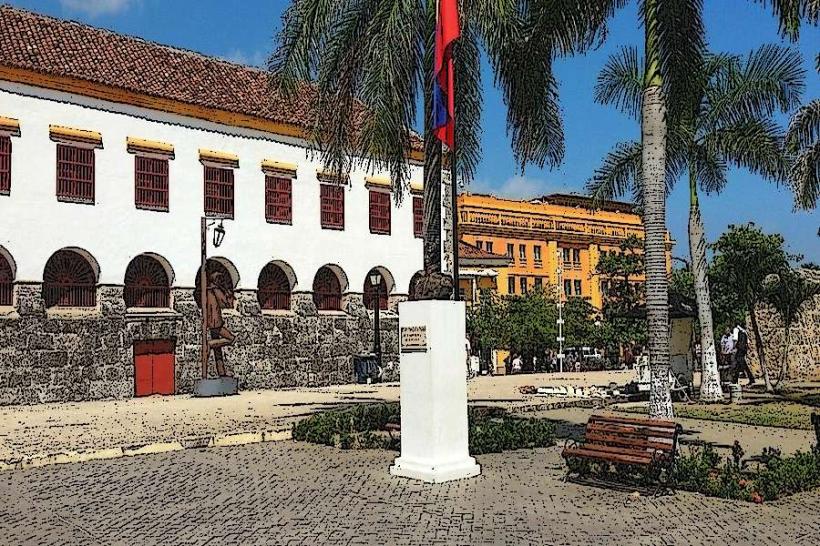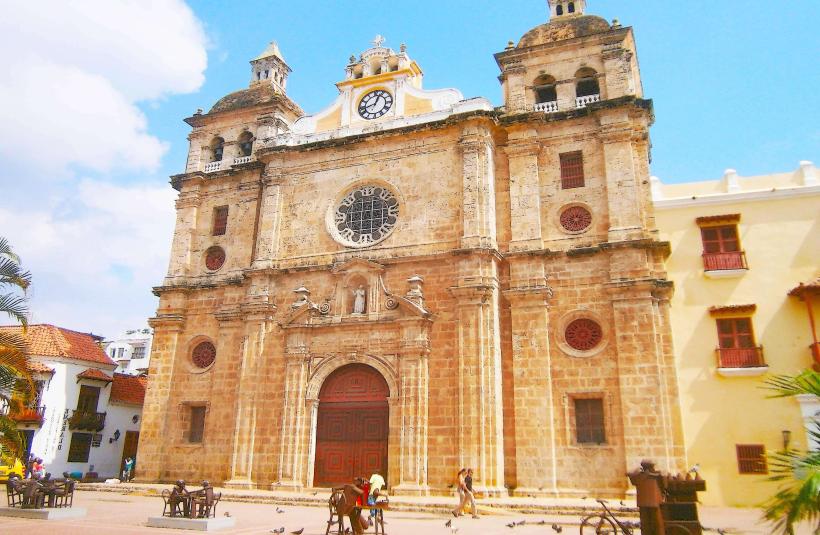Information
Landmark: GetsemaníCity: Cartagena
Country: Colombia
Continent: South America
Getsemaní, Cartagena, Colombia, South America
Getsemaní is a historic neighborhood located in Cartagena, Colombia, situated just outside the walled city.
Visual Characteristics
The neighborhood is characterized by its colonial-era architecture, featuring brightly painted buildings with wrought-iron balconies and wooden shutters. Walls are often adorned with extensive street art and murals. Streets are paved with cobblestones.
Location & Access Logistics
Getsemaní is adjacent to the Walled City of Cartagena, accessible by foot from the main entrance (Puerta del Reloj). It is approximately 5 kilometers from Rafael Núñez International Airport (CTG). Taxis and ride-sharing services are readily available from the airport and other parts of the city. There is no dedicated parking for the neighborhood; street parking is limited and often restricted. Public bus routes serving the city center pass near the perimeter of Getsemaní.
Historical & Ecological Origin
Originally a separate settlement for artisans and slaves, Getsemaní was incorporated into Cartagena in the 17th century. It served as a defensive outpost and a residential area for the working class. Its historical significance lies in its role during Cartagena's independence movements.
Key Highlights & Activities
Explore the street art on Calle 29 and Calle 30. Visit Plaza de la Trinidad for evening gatherings. Walk along the waterfront promenade (Camellón de los Mártires). Observe local life and street performers in the evenings.
Infrastructure & Amenities
Restrooms are available in restaurants and cafes. Shade is provided by building overhangs and some trees. Cell phone signal (4G/5G) is generally strong throughout the neighborhood. Numerous food vendors, restaurants, and bars are present.
Best Time to Visit
The best time for photography is during the late afternoon when the sunlight casts long shadows and illuminates the colorful walls. The dry season, from December to April, offers the most pleasant weather. Evenings are popular for experiencing the neighborhood's atmosphere.
Facts & Legends
Getsemaní was once known as the "barrio de la gente libre" (neighborhood of free people) due to its historical population of freed slaves and artisans. A local legend suggests that the spirits of revolutionaries who fought for Cartagena's independence still roam the streets at night.
Nearby Landmarks
- Castillo de San Felipe de Barajas (0.8km Southeast)
- Puerta del Reloj (0.3km West)
- Plaza de los Coches (0.4km West)
- Torre del Reloj (0.4km West)
- Las Bóvedas (0.6km Northwest)

